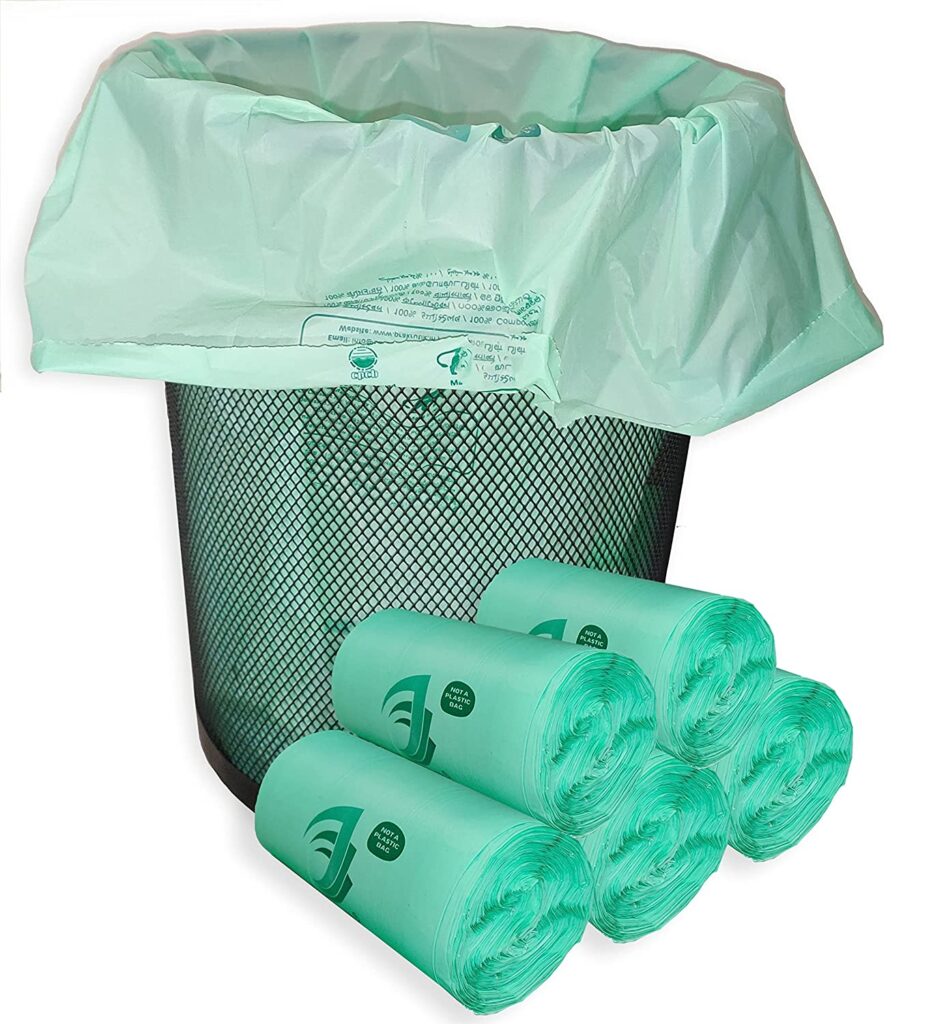Introduction: In our journey towards a more sustainable and eco-friendly lifestyle, every small change matters. One such change we can make is opting for compostable bags. These bags, made from natural materials, offer numerous benefits over traditional plastic bags. Let’s explore the advantages of using compostable bags and how they contribute to a greener and more sustainable future.
- Environmental Friendliness: Compostable bags are designed to break down naturally and quickly, leaving behind no toxic residues. They are typically made from renewable resources like plant-based materials, such as cornstarch, vegetable oils, or cellulose. Unlike traditional plastic bags that persist in the environment for hundreds of years, compostable bags biodegrade within a few months, reducing the burden on landfills and oceans.
- Reduced Carbon Footprint: Compostable bags have a significantly lower carbon footprint compared to traditional plastic bags. The production process for compostable bags requires fewer fossil fuels and emits fewer greenhouse gases. Additionally, compostable bags can be manufactured using renewable energy sources, further reducing their environmental impact.
- Soil Enrichment: When compostable bags break down, they contribute valuable nutrients to the soil. The organic matter released during decomposition improves soil structure, enhances water retention, and promotes the growth of healthy plants. By using compostable bags, we can contribute to the creation of nutrient-rich soil, supporting sustainable agriculture and landscaping practices.
- Less Wildlife Impact: Traditional plastic bags pose a severe threat to wildlife, especially marine animals. The lightweight and easily mistaken nature of plastic bags often leads to ingestion or entanglement, causing injury or death to marine life. By switching to compostable bags, we can help protect our precious ecosystems and safeguard the well-being of wildlife.
- Consumer Choice and Awareness: Using compostable bags empowers consumers to make a conscious choice for the environment. By encouraging the use of compostable bags, we can raise awareness about sustainable alternatives to traditional plastics. This collective shift in consumer behavior can drive demand for eco-friendly products, fostering innovation and driving the transition to a more sustainable economy.
Conclusion: Compostable bags offer a range of benefits, from reducing waste and carbon emissions to enriching soil and protecting wildlife. By embracing these eco-friendly alternatives, we actively contribute to a greener and more sustainable future. Let’s make a difference by choosing compostable bags and inspiring others to follow suit. Together, we can create a healthier planet for generations to come.

